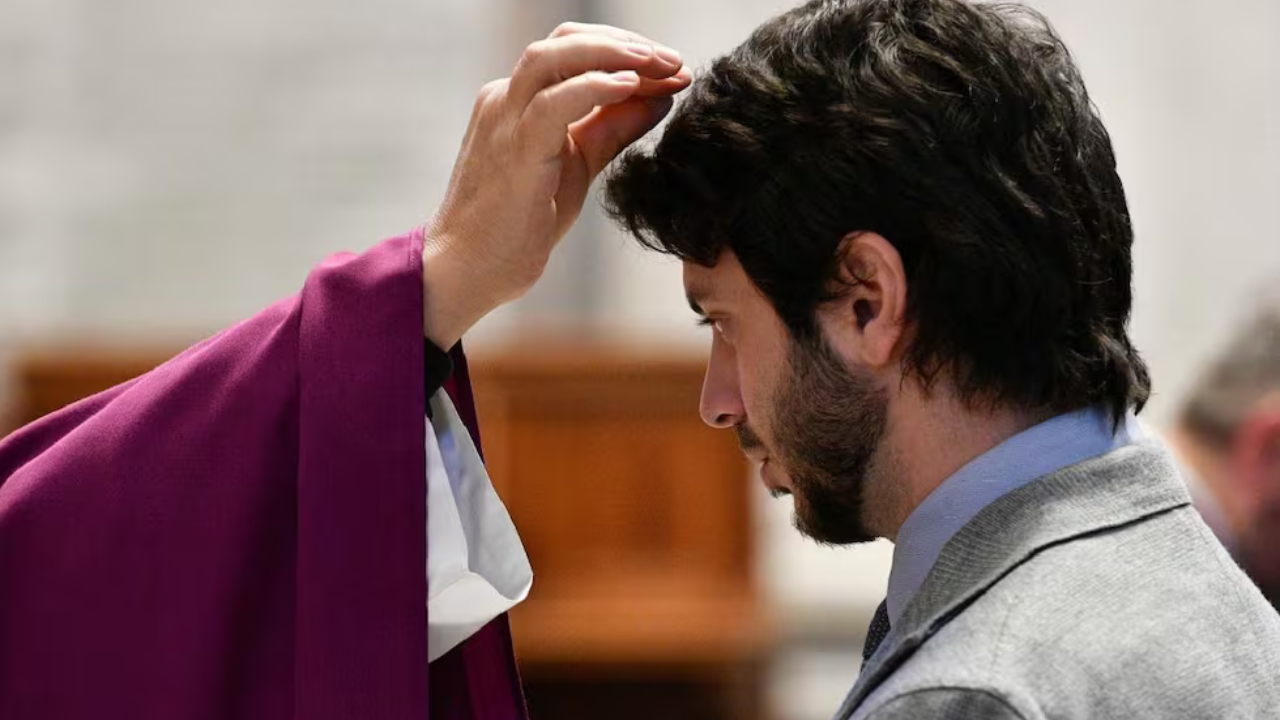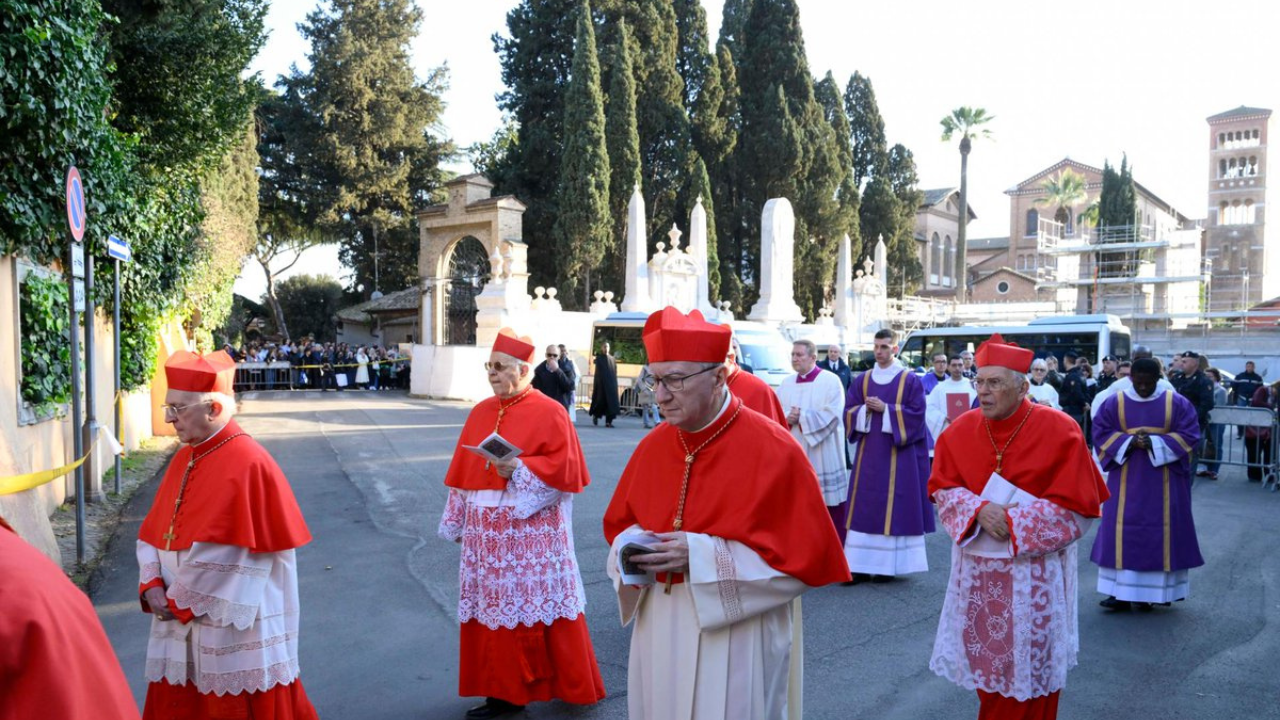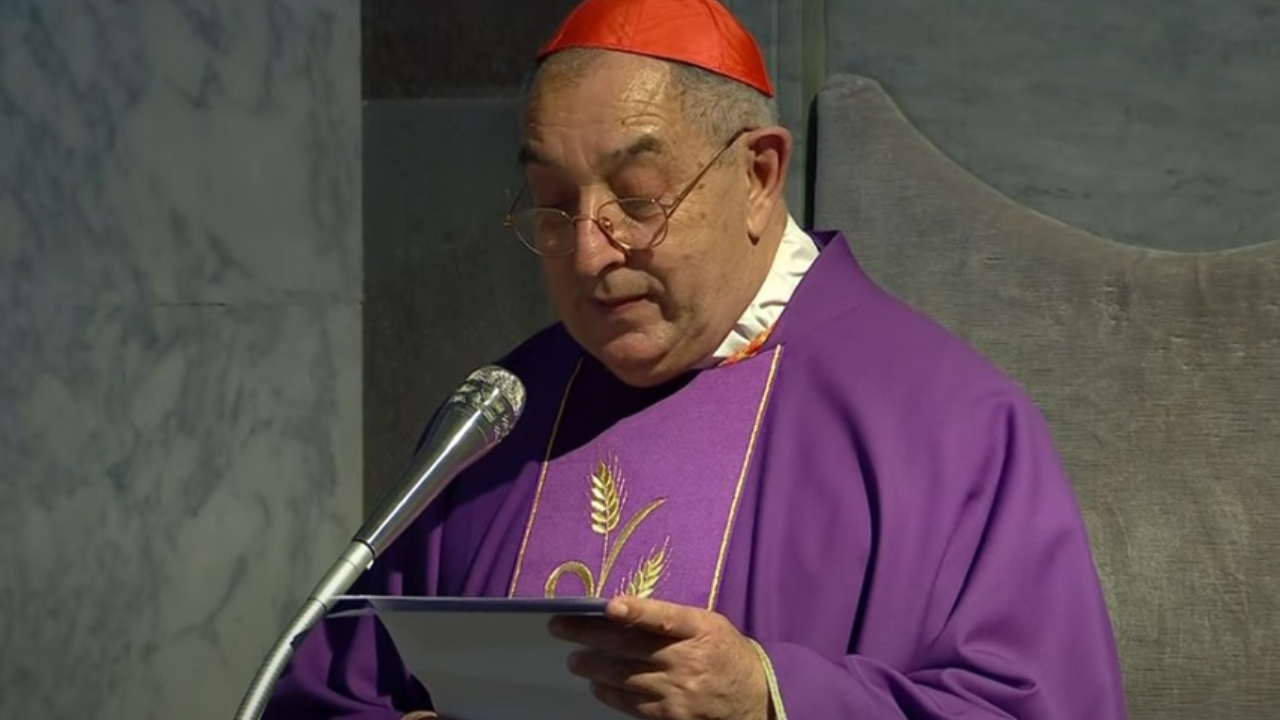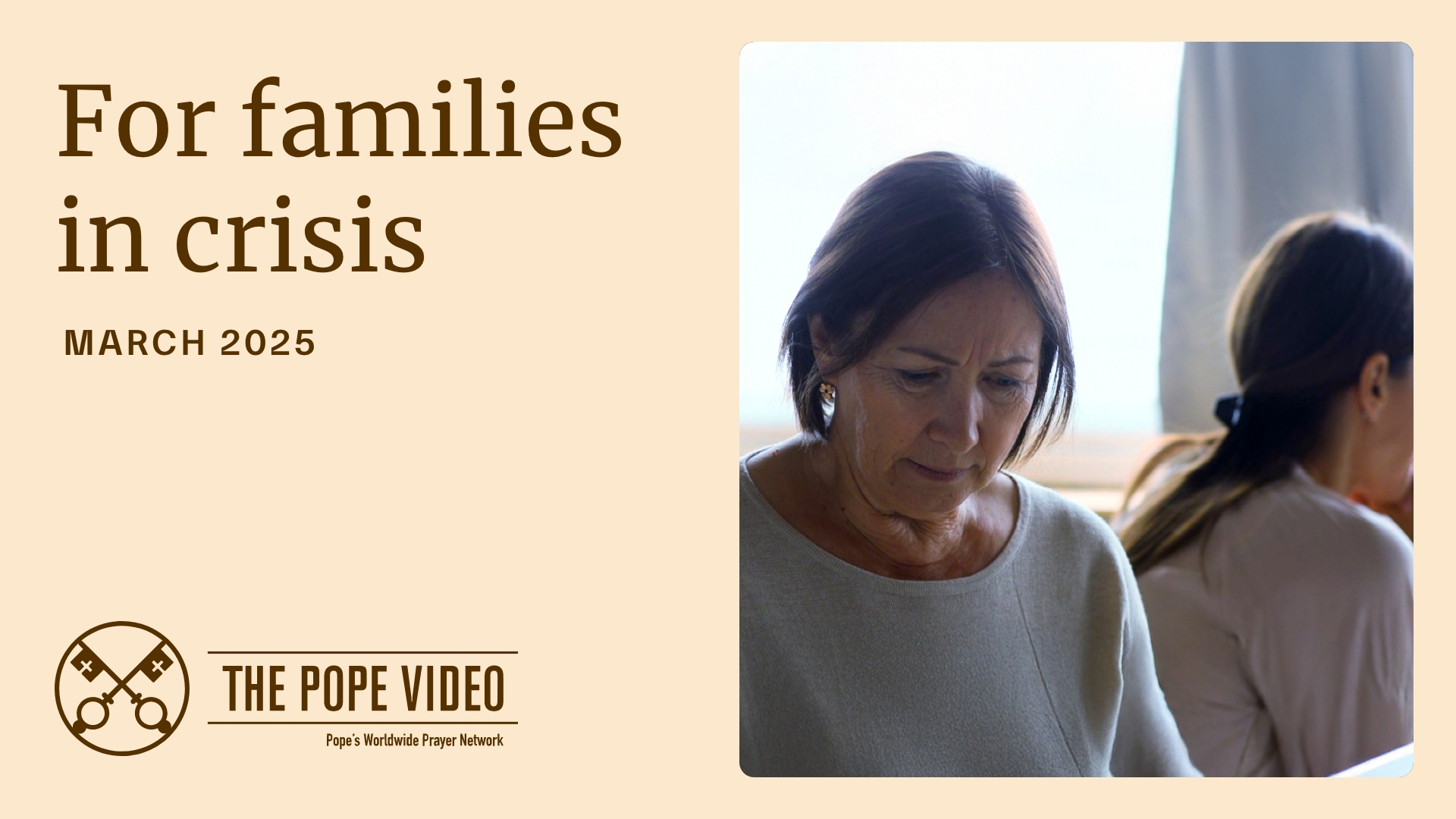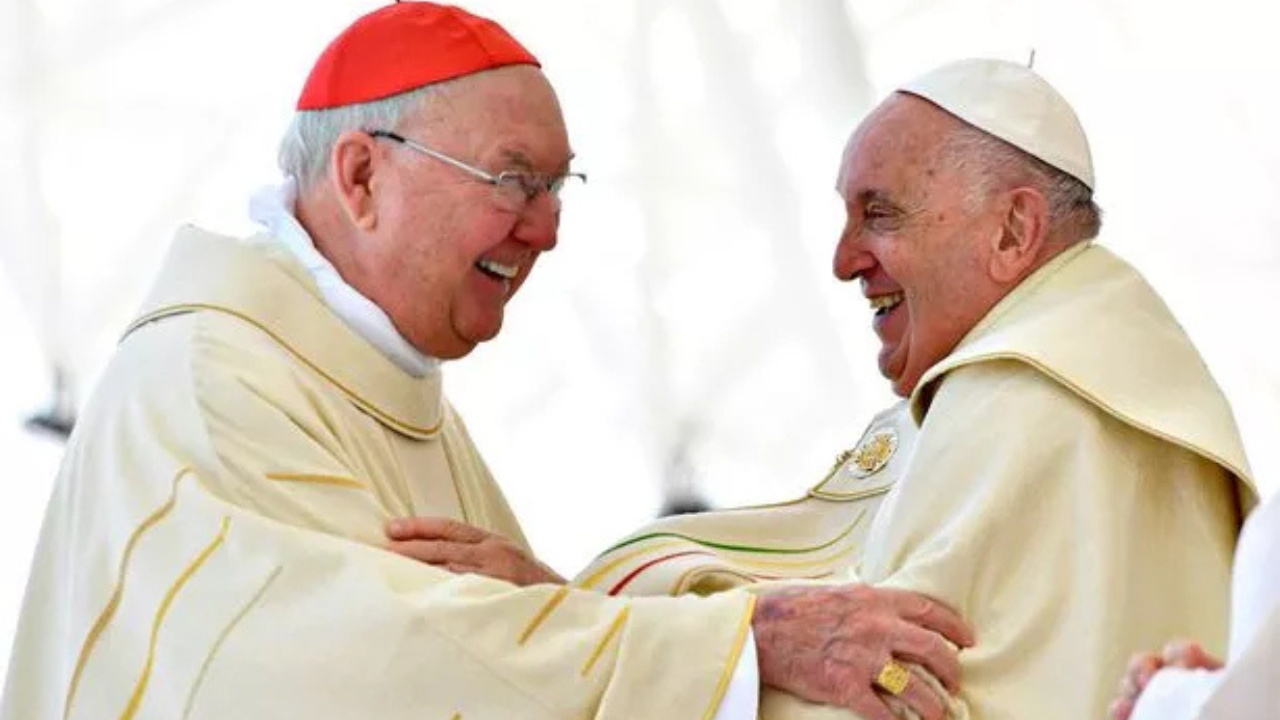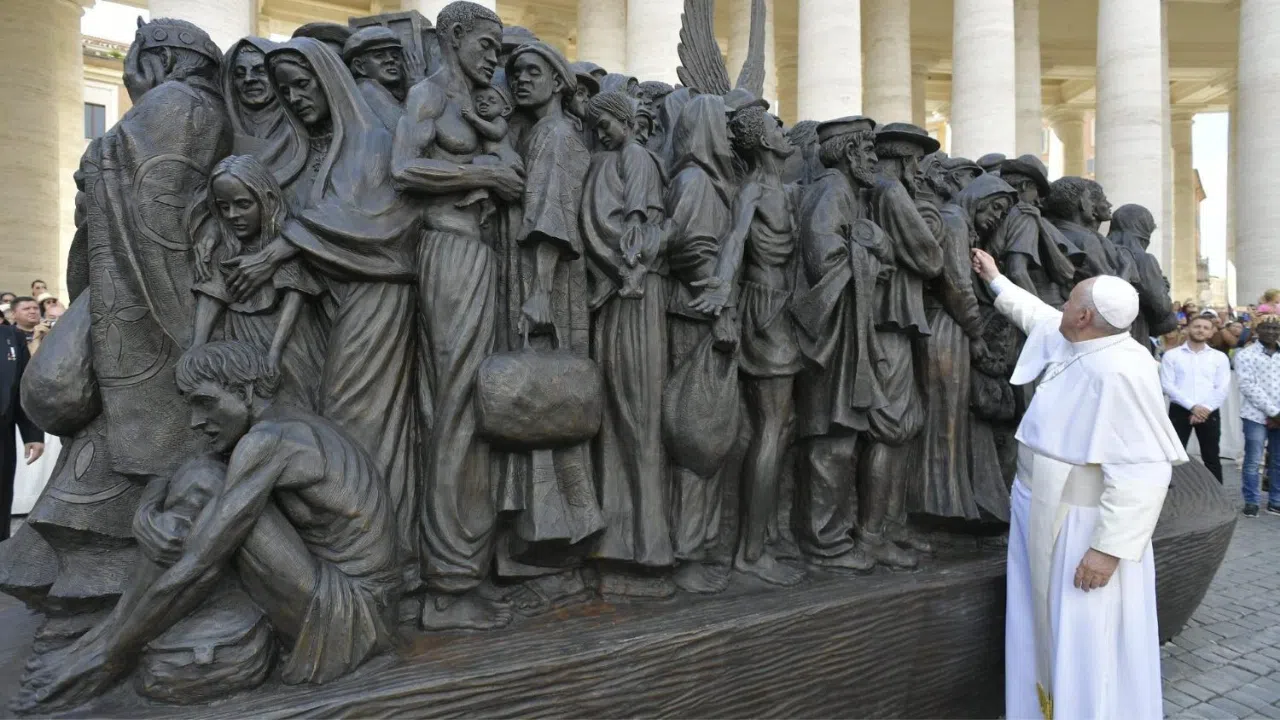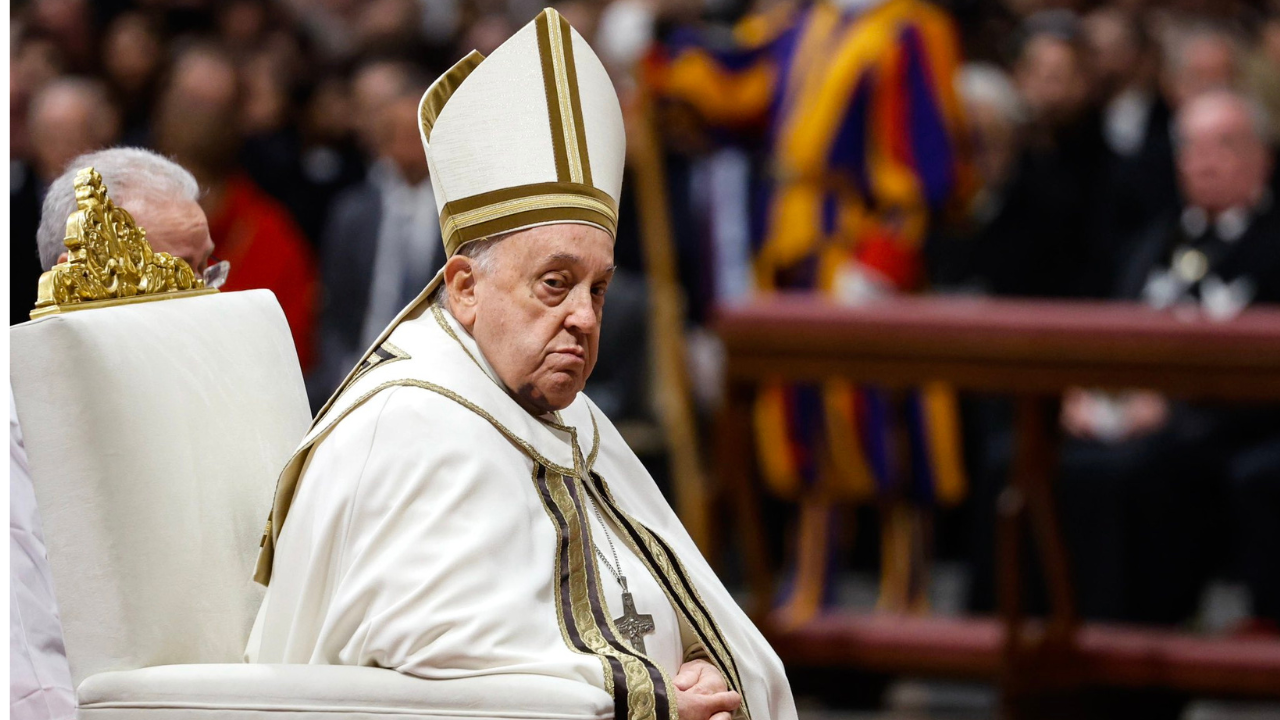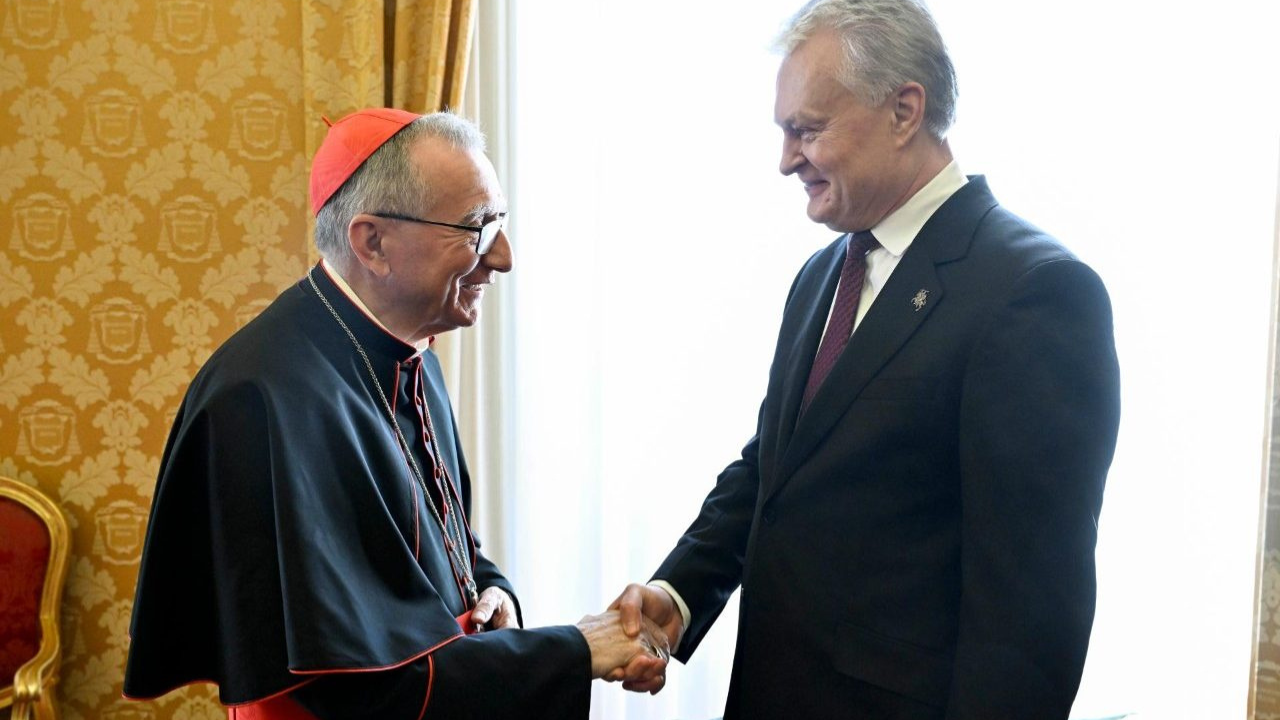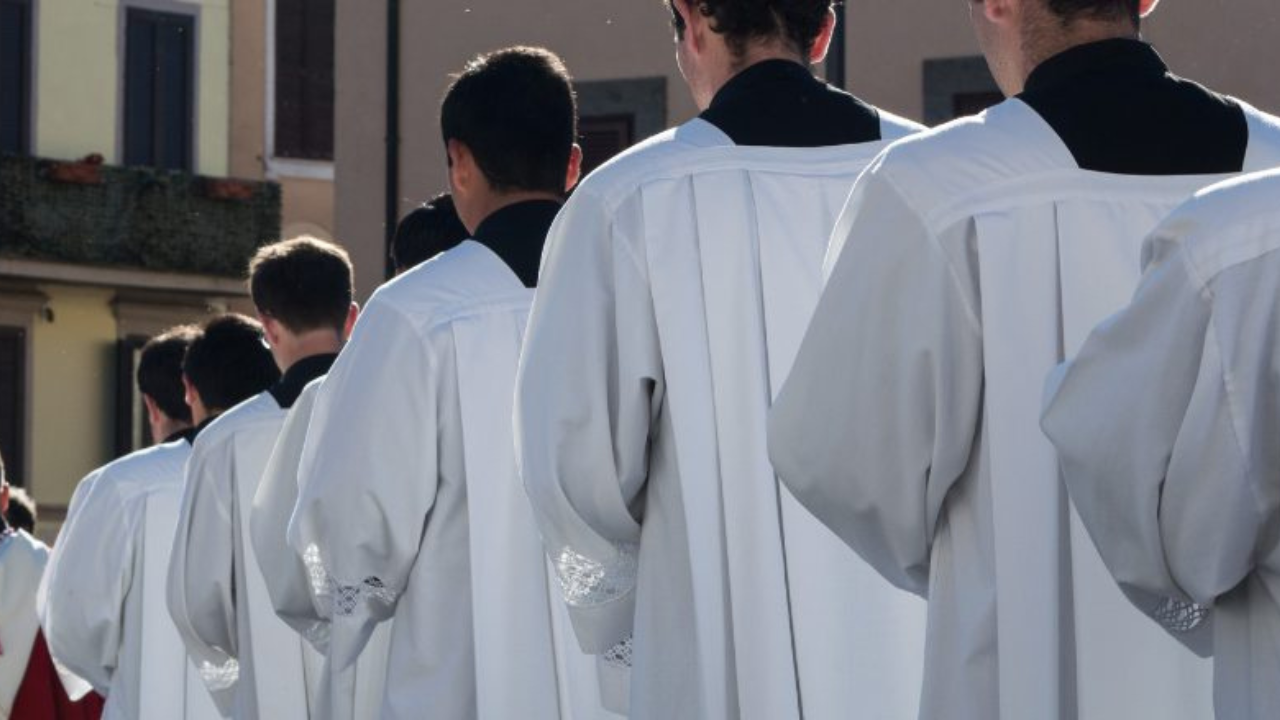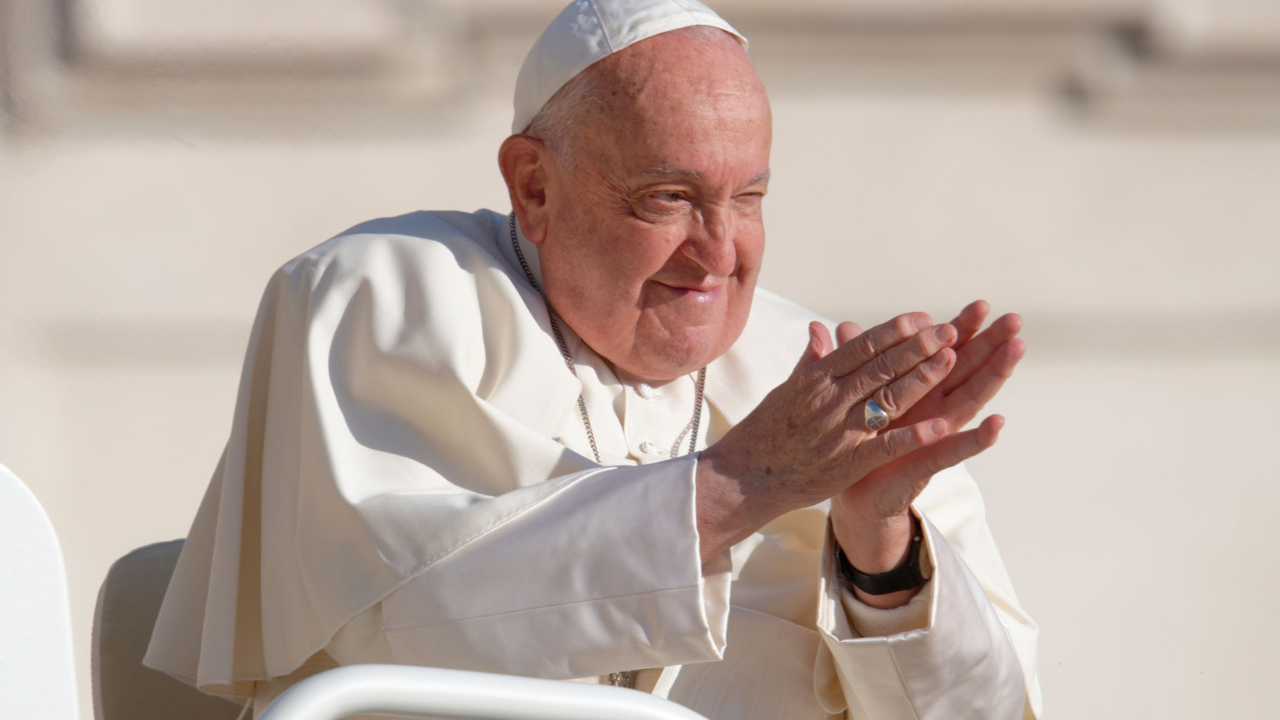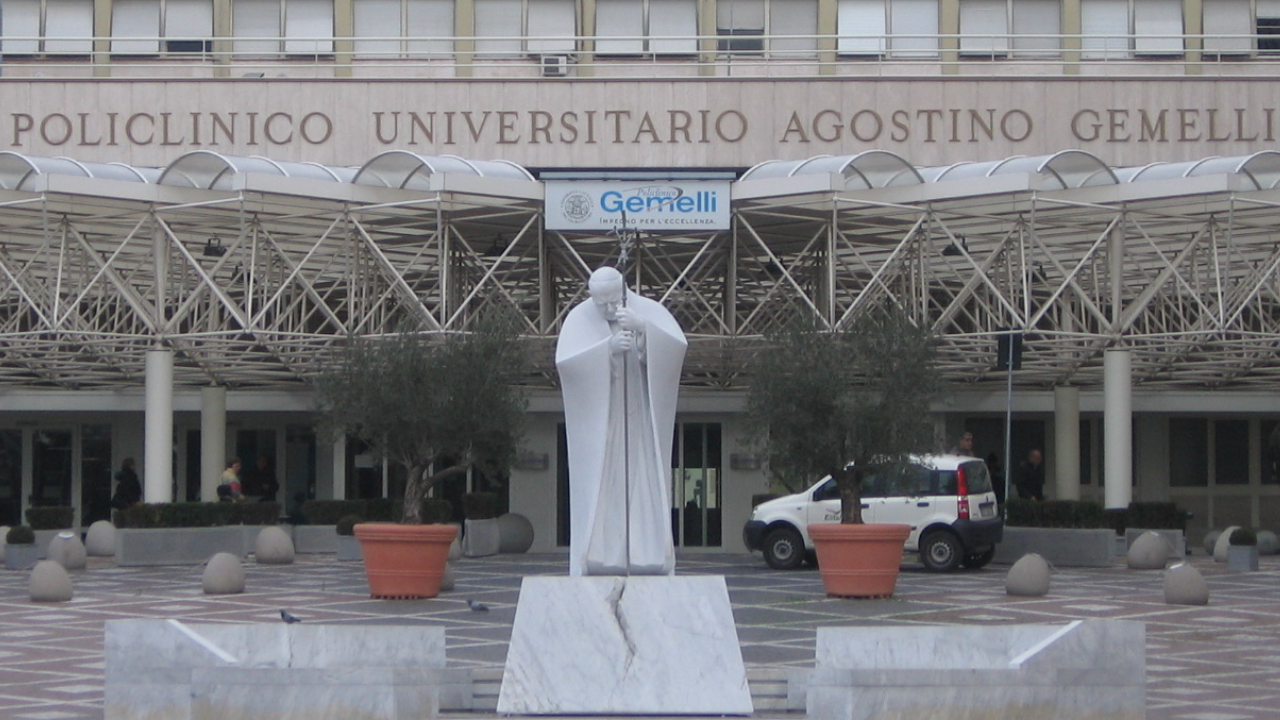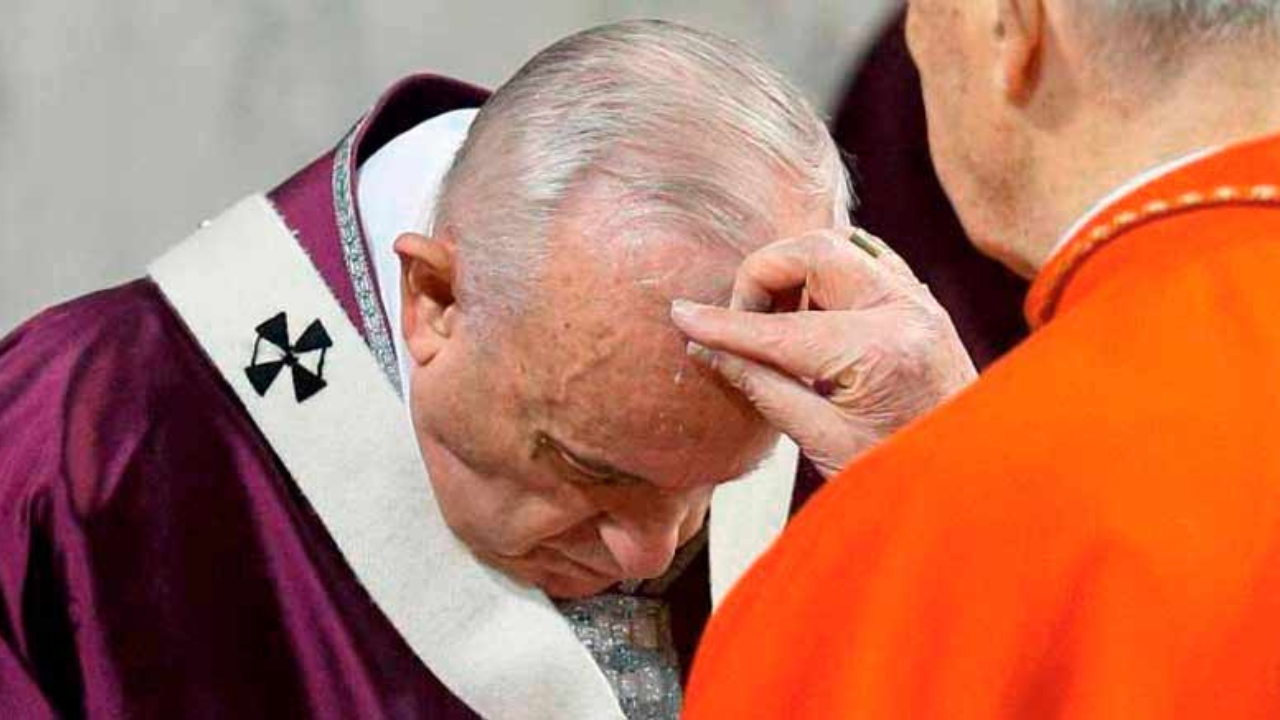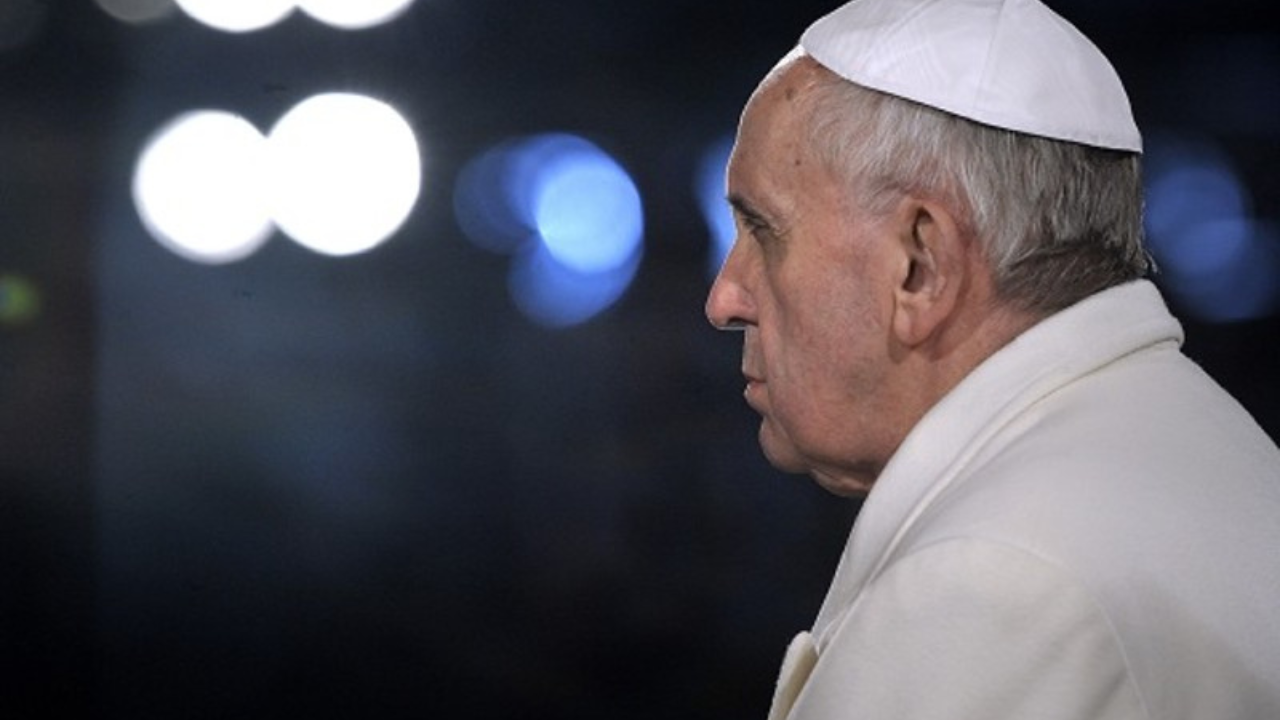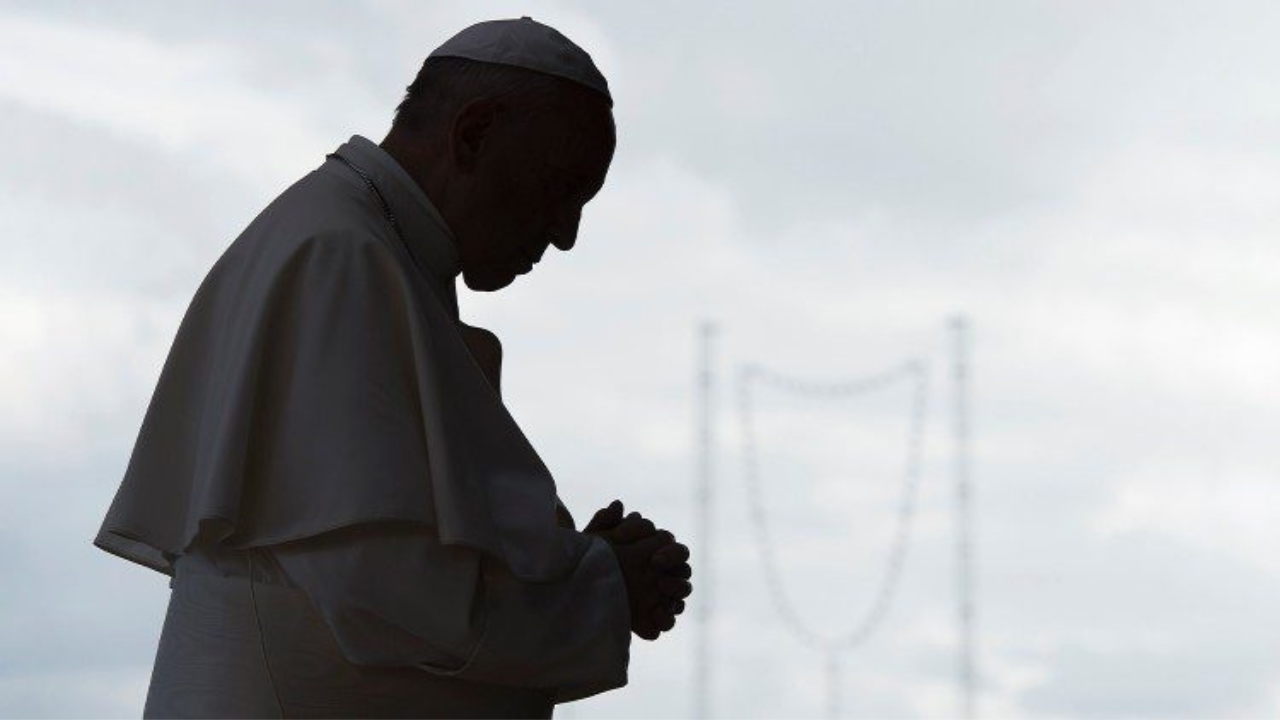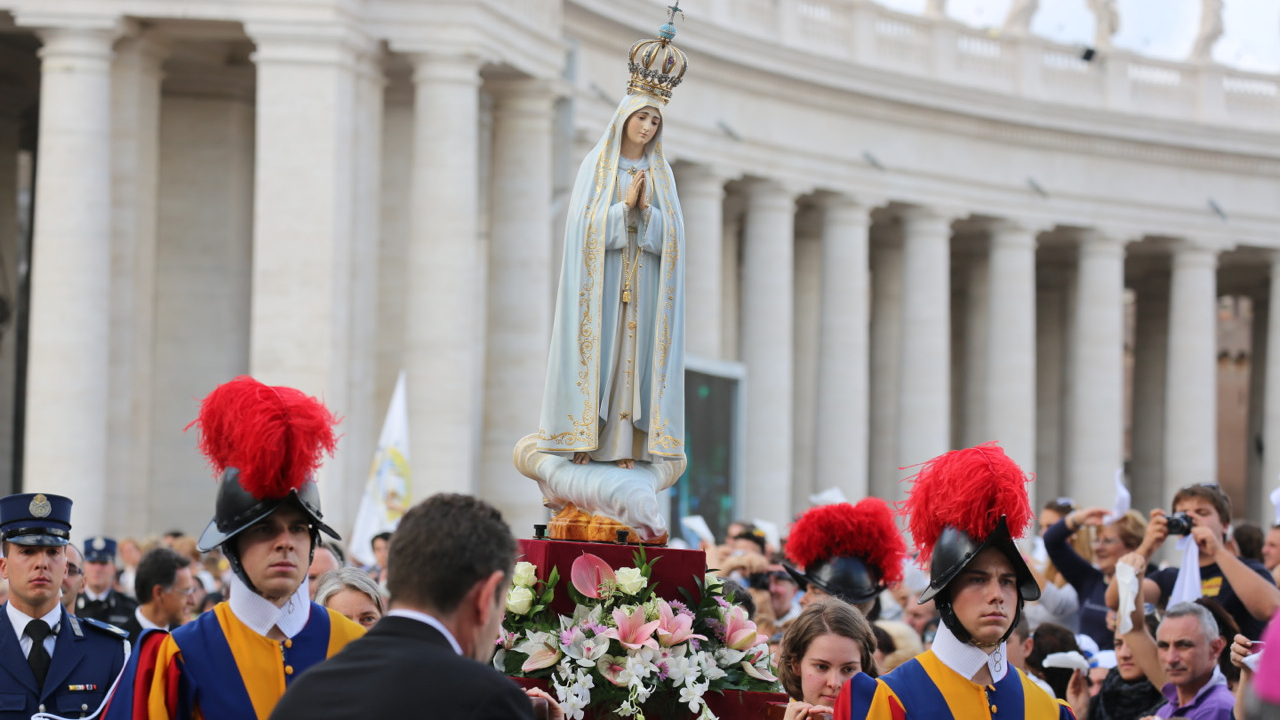The pope has updated the rules that guide the Synod of Bishops, so that the assembly can be more effective.
He has done so in a high-ranking document, the Apostolic Constitution 'Episcopalis communio,' which immediately goes into play.
It was presented at the Vatican by the General Secretary of the Synod, who explained that the main change is that more weight is given to the beginning phase and to the application of the conclusions.
CARD. LORENZO BALDISSERI
Secretary General of the Synod of Bishops
'Each synod is expected to begin with a consultation for opinions at all levels. Until now the churches were consulted, but in a very limited way and more importance was given to the celebration and meeting of the assembly. Now we want to take time to consult people, and get together to listen to opinions.'
Each synod addresses a specific theme. The last ones were about the Eucharist, the Bible, the New Evangelization and the Family.
The idea is for all Catholics participate in the preparation, by reflecting on themselves personally and sending in suggestions. This will allow problems to be detected and effective solutions to be given.
A practical example was the pre-synod meeting with 300 youth from all over the world in March. In the end, their proposals were included in the working document the bishops will use at the Synod on youth and vocation that begins October 3.
CARD. LORENZO BALDISSERI
Secretary General of the Synod of Bishops
'We have to see people, talk to them, exchange ideas. That is the change: we want all the baptized to personally be involved in the synod.'
As for applying the changes, the synod will work with the Vatican dicastery responsible for implementing the assembly's decisions, to confirm that it is actually done.
CARD. LORENZO BALDISSERI
Secretary General of the Synod of Bishops
'For example, the last synod was about the family. The Vatican has a department that looks after the family and now we work together. Of course, the executive issues depend on them. But we want to follow the issues, support them and have a permanent relationship with them.'
Another change is that if the pope convokes a synod, with the capacity to make decisions and not just formulate proposals, the resulting final document will have a magisterial character and will include the signature of the pontiff and all the participating bishops.

